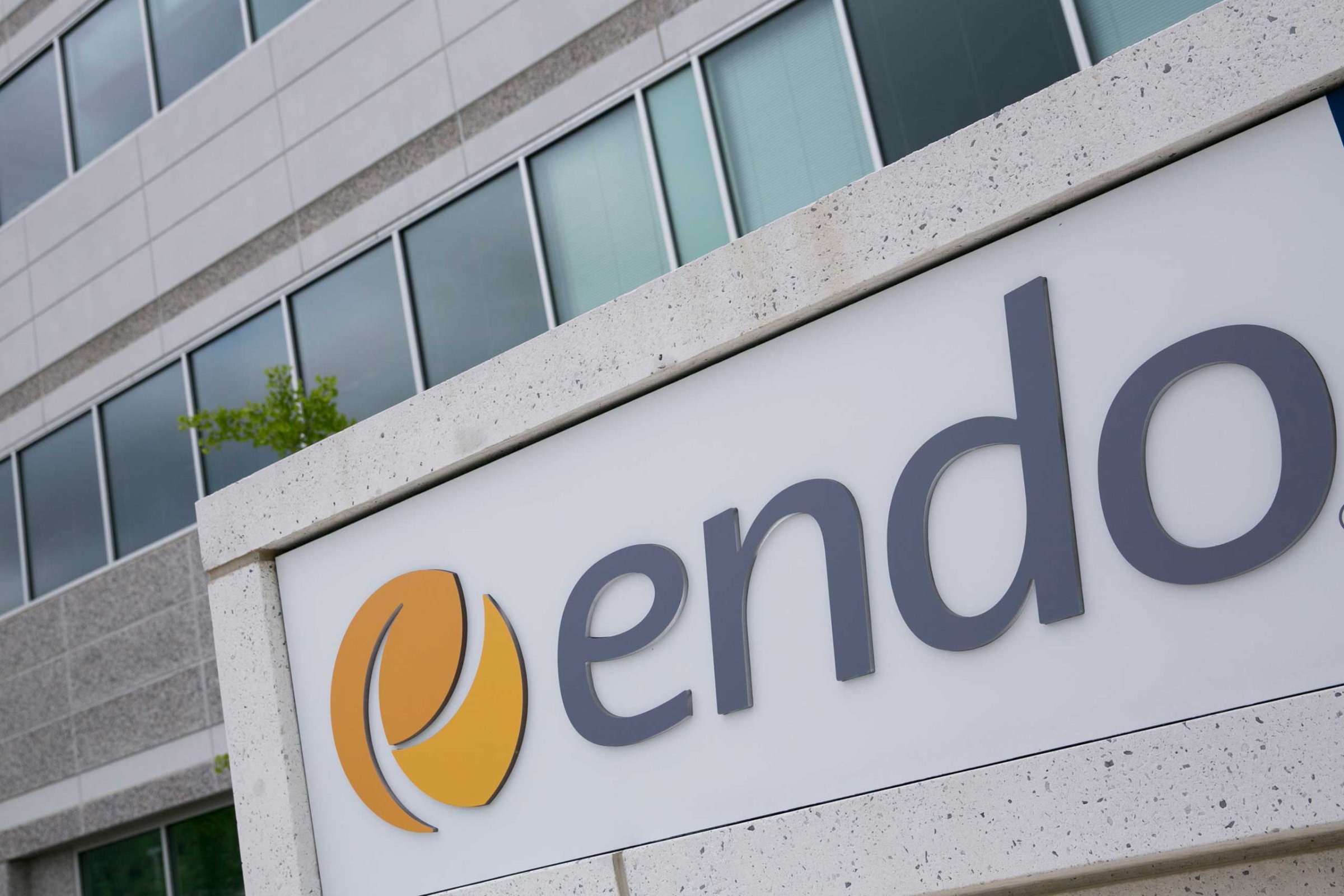
As officials in Indiana scramble to contain a fast-spreading HIV outbreak, TIME has learned that government officials warned one company that the newest version of a drug it manufactured could be driving behavior that is contributing to the crisis.
In May 2013, federal regulators from the Food and Drug Administration told Endo Pharmaceuticals, the maker of the widely used prescription pain pill Opana, that a new form of the medication could be driving abusers to inject the drug intravenously instead of snorting it.
The HIV outbreak in southern Indiana, which has ballooned from 8 cases in January to 166 as of June, is the result of addicts dissolving and injecting Opana, according to the Centers for Disease Control and Prevention (CDC) and local officials in Scott County, where the outbreak is centered. 96% of those who tested positive for HIV and were interviewed by the CDC said they were injecting Opana, according to an April health alert by the agency.
In 2012, Endo introduced a new version of the drug that it said was designed to be abuse deterrent. Where a previous version of the drug could be easily crushed and snorted or dissolved and injected, the new version had a special coating that supposedly made doing so more difficult. Endo removed the previous version from the market and asked the FDA to rule that it had been unsafe. Such a ruling would have prevented other drug makers from introducing generic versions of the pill.
The FDA denied Endo’s request, rejecting the company’s claims about the new coating’s ability to deter abuse. While the new formulation made it harder to crush and snort the drug, the FDA found, “it may be easier to prepare OPR for injection.” That raised, the FDA said, “the troubling possibility that the reformulation may be shifting a non-trivial amount of Opana ER abuse from snorting to even more dangerous abuse by intravenous or subcutaneous injection.”
Officials in Scott County say abusers discovered they could cook down the abuse deterrent version of the pill, dissolving it and preparing it for injection. Officials say addicts prefer the drug to heroin, even though it is more expensive, and the high doesn’t last as long. Addicts in Scott County have transmitted HIV to each other by sharing needles as they shoot up, sometimes as often as 20 times a day.
Endo, a Pennsylvania-based company that specializes in pain medications, earned $1.16 billion in revenue from Opana from 2008-2012. The company has denied Opana is at the heart of the outbreak and has suggested generic versions of its drug that didn’t have the “abuse deterrent” coating might be at fault, as discussed in the current cover story of TIME on opioid abuse in America:
In April, Endo held a conference call with public-health officials in Scott County. The Endo officials “thought it was a mistake,” says [Scott County public health nurse, Brittany] Combs, who was on the call. Around the same time, [Scott County Sheriff Dan] McClain says an Endo security official called him and offered to help investigate the source of the pills. The Endo official told him the drug being abused couldn’t be Opana because it had been reformulated to be “abuse deterrent.” McClain was skeptical. “I’ve got an evidence room full of Opana over there right now, and I don’t have any generic forms of that pill that are being purchased off the street,” McClain says.
Endo officials declined repeated requests to be interviewed for this article. In response to questions emailed to the company regarding its marketing of Opana and its response to the crisis in Scott County, Keri Mattox, senior vice president for investor relations, said, “Patient safety is a top priority for Endo,” and the company has “an ongoing, active and productive dialogue” with the FDA regarding Opana’s “technology designed to deter abuse.” Mattox says the company supports “a broad range of programs that provide awareness and education around the appropriate use of pain medications” and has reached out to the CDC, Indiana state officials and Scott County health and law enforcement officials, among others.
More Must-Reads From TIME
- The 100 Most Influential People of 2024
- The Revolution of Yulia Navalnaya
- 6 Compliments That Land Every Time
- What's the Deal With the Bitcoin Halving?
- If You're Dating Right Now , You're Brave: Column
- The AI That Could Heal a Divided Internet
- Fallout Is a Brilliant Model for the Future of Video Game Adaptations
- Want Weekly Recs on What to Watch, Read, and More? Sign Up for Worth Your Time
Contact us at letters@time.com